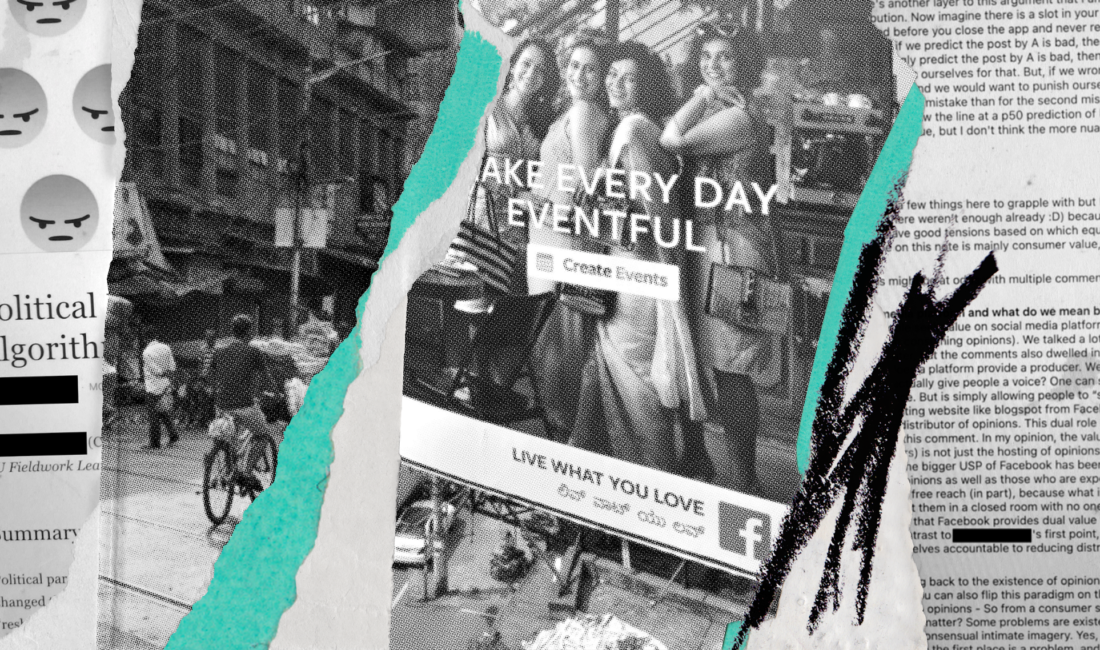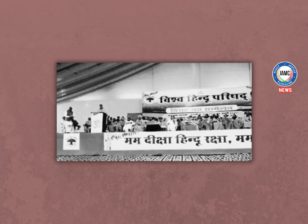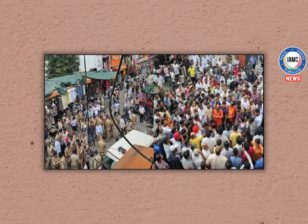In India, Facebook Grapples With an Amplified Version of Its Problems
Internal documents show a struggle with misinformation, hate speech and celebrations of violence in the country, the company’s biggest market.
By Sheera Frenkel and Davey Alba
On Feb. 4, 2019, a Facebook researcher created a new user account to see what it was like to experience the social media site as a person living in Kerala, India.
For the next three weeks, the account operated by a simple rule: Follow all the recommendations generated by Facebook’s algorithms to join groups, watch videos and explore new pages on the site.
The result was an inundation of hate speech, misinformation and celebrations of violence, which were documented in an internal Facebook report published later that month.
“Following this test user’s News Feed, I’ve seen more images of dead people in the past three weeks than I’ve seen in my entire life total,” the Facebook researcher wrote.
From the Document: An Indian Test User’s Descent Into a Sea of Polarizing, Nationalistic Messages
“The test user’s News Feed has become a near constant barrage of polarizing nationalist content, misinformation, and violence and gore.”The report was one of dozens of studies and memos written by Facebook employees grappling with the effects of the platform on India. They provide stark evidence of one of the most serious criticisms levied by human rights activists and politicians against the world-spanning company: It moves into a country without fully understanding its potential impact on local culture and politics, and fails to deploy the resources to act on issues once they occur.
With 340 million people using Facebook’s various social media platforms, India is the company’s largest market. And Facebook’s problems on the subcontinent present an amplified version of the issues it has faced throughout the world, made worse by a lack of resources and a lack of expertise in India’s 22 officially recognized languages.
The internal documents, obtained by a consortium of news organizations that included The New York Times, are part of a larger cache of material called The Facebook Papers. They were collected by Frances Haugen, a former Facebook product manager who became a whistle-blower and recently testified before a Senate subcommittee about the company and its social media platforms. References to India were scattered among documents filed by Ms. Haugen to the Securities and Exchange Commission in a complaint earlier this month.
The documents include reports on how bots and fake accounts tied to the country’s ruling party and opposition figures were wreaking havoc on national elections. They also detail how a plan championed by Mark Zuckerberg, Facebook’s chief executive, to focus on “meaningful social interactions,” or exchanges between friends and family, was leading to more misinformation in India, particularly during the pandemic.
Facebook did not have enough resources in India and was unable to grapple with the problems it had introduced there, including anti-Muslim posts, according to its documents. Eighty-seven percent of the company’s global budget for time spent on classifying misinformation is earmarked for the United States, while only 13 percent is set aside for the rest of the world — even though North American users make up only 10 percent of the social network’s daily active users, according to one document describing Facebook’s allocation of resources.
Andy Stone, a Facebook spokesman, said the figures were incomplete and don’t include the company’s third-party fact-checking partners, most of whom are outside the United States.

Indian Prime Minister Narendra Modi, left, and Facebook’s chief executive, Mark Zuckerberg, at a town hall event at Facebook’s headquarters in Menlo Park, Calif., in 2015.Credit…Max Whittaker for The New York Times
That lopsided focus on the United States has had consequences in a number of countries besides India. Company documents showed that Facebook installed measures to demote misinformation during the November election in Myanmar, including disinformation shared by the Myanmar military junta.
The company rolled back those measures after the election, despite research that showed they lowered the number of views of inflammatory posts by 25.1 percent and photo posts containing misinformation by 48.5 percent. Three months later, the military carried out a violent coup in the country. Facebook said that after the coup, it implemented a special policy to remove praise and support of violence in the country, and later banned the Myanmar military from Facebook and Instagram.
In Sri Lanka, people were able to automatically add hundreds of thousands of users to Facebook groups, exposing them to violence-inducing and hateful content. In Ethiopia, a nationalist youth militia group successfully coordinated calls for violence on Facebook and posted other inflammatory content.
Facebook has invested significantly in technology to find hate speech in various languages, including Hindi and Bengali, two of the most widely used languages, Mr. Stone said. He added that Facebook reduced the amount of hate speech that people see globally by half this year.
“Hate speech against marginalized groups, including Muslims, is on the rise in India and globally,” Mr. Stone said. “So we are improving enforcement and are committed to updating our policies as hate speech evolves online.”
In India, “there is definitely a question about resourcing” for Facebook, but the answer is not “just throwing more money at the problem,” said Katie Harbath, who spent 10 years at Facebook as a director of public policy, and worked directly on securing India’s national elections. Facebook, she said, needs to find a solution that can be applied to countries around the world.

Voters waiting to cast ballots in West Bengal’s state legislative assembly elections in Kolkata in April.Credit…Dibyangshu Sarkar/Agence France-Presse — Getty Images
Facebook employees have run various tests and conducted field studies in India for several years. That work increased ahead of India’s 2019 national elections; in late January of that year, a handful of Facebook employees traveled to the country to meet with colleagues and speak to dozens of local Facebook users.
According to a memo written after the trip, one of the key requests from users in India was that Facebook “take action on types of misinfo that are connected to real-world harm, specifically politics and religious group tension.”
Ten days after the researcher opened the fake account to study misinformation, a suicide bombing in the disputed border region of Kashmir set off a round of violence and a spike in accusations, misinformation and conspiracies between Indian and Pakistani nationals.
After the attack, anti-Pakistan content began to circulate in the Facebook-recommended groups that the researcher had joined. Many of the groups, she noted, had tens of thousands of users. A different report by Facebook, published in December 2019, found Indian Facebook users tended to join large groups, with the country’s median group size at 140,000 members.
Click here to read the article




